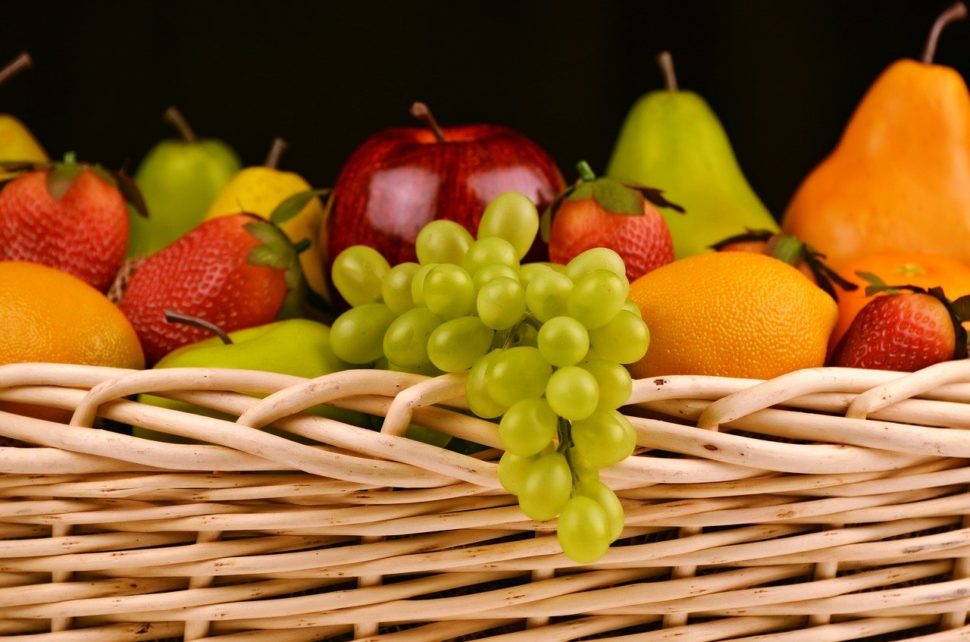A new company is combining hydroponics with robotics to fully automate the growing, harvesting and delivery of produce. This is the future of food in the Fourth Industrial Revolution.
One constant in human civilization has been the production of food. We all need it, and as domestic populations rise, we need more and more of it to feed our modern societies.
Innovations in farming have dotted the landscape of every industrial revolution. With the advent of Industry 4.0, we’re about to see new agricultural technologies that will take us one step closer to cheaply producing enough food for everyone.
#EdgyLabs deal of the week is #foodbots and #agricultural #automation.Click To TweetHydroponics are one element in the equation. We have made great strides in creating facilities that can grow produce without the need for large tracts of land, making such innovations as vertical farming and all-season food possible.
Thanks to FoodBots, a Worthwhile PLC Company, automation the entire agricultural process seems possible. They handle growing the crops to their delivery at your local grocery store. FoodBots Ready-for-Market food makes their vision of fully automated, sustainable food solutions into a reality by automating the production and distribution of canned, baked, and bottled goods for the market.
Foodbots: Getting a Glimpse of the Future
There’s something very zen about watching a robot farmer. In the video above, you can see an example of how a hydroponic lettuce farm can be almost entirely automated, but what kind of numbers can such a system produce? To give an example, FoodBots boasts the claim that they can produce up to 30,000 heads of lettuce and 2,000 bagged carrots every day, and that’s just a fraction of what they grow.
Systems like this will change how we get our food, and there are many implications for sustainable vertical farming. The facilities could be made anywhere, and the water that they use can be completely recycled, so they are not only efficient at producing the food, but they also make a smaller footprint on the environment.
To learn more about the implications of robotically produced food, here’s a quick back-and-forth on the topic thanks to TheLip TV.
The not-so-bad News for Farmers
When you watch the video, you may see many things happening that no longer require a human hand, but human hands are still used. For farmers, this may mean that there are fewer jobs on the farm, but it doesn’t completely invalidate the need for a human presence.
Farming paradigms will change during Industry 4.0. Yet, these systems will still need those that have a keen understanding of agriculture and the needs of large-scale food production efforts. Robots may be taking over the production, but not the management of these farms, and with hydroponics, there will be the potential for more farms within urban centers. We may need fewer farmhands in the future, but if we want to go all-in with hydroponics and vertical farming, we will need
Robots may be taking over the production, but not the management of these farms. With hydroponics, there will be the potential for more farms within urban centers. We may need fewer farmhands in the future. If we want to go all-in with hydroponics and vertical farming, we will actually need more farmers.
FoodBots is an intriguing company that is giving us our first glimpse into the agricultural future. With their example, we hope that we’ll see many similar hydroponic farming efforts sprout up all over the world.


















Comments (0)
Most Recent